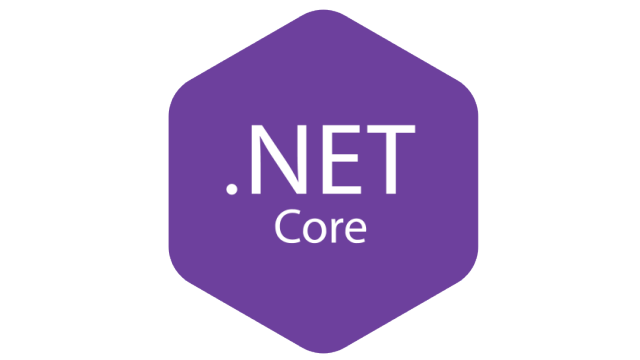01/07/2024

A simple example of calling a rest API from c#, thats then calling Gov's DVLA's API.
( You could create wrapper API's for a number of reasons..
to project the auth methods and security, to have distributed micro services, load balancing, etc)
Current Status
History
Sample
public class CallCarRegDvla { /// <summary> /// make a method to perform an async call to the API. validate the response and process accordingly. /// </summary> /// <param name="txtReg"></param> /// <returns></returns> public CarRegResultModel Lookup(string txtReg) { CarRegResultModel result = new CarRegResultModel(); try { var task = Task.Run(async () => await GetRegResult(txtReg)); if (task.Result != null) { result = task.Result; } } catch (Exception ex) { LogError(System.Reflection.MethodBase.GetCurrentMethod().Name, ex); } return result; } /// <summary> /// an async call to the API, if an OK response, deseialize the response into our custom class model. /// </summary> /// <param name="txtReg"></param> /// <returns></returns> public async Task<CarRegResultModel> GetRegResult(string txtReg) { CarRegResultModel result = new CarRegResultModel(); try { var options = new RestClientOptions("https://microserviceAPI:5192/api/v1/MOT/GetCar?carReg=" + txtReg) { //MaxTimeout = -1, }; var client = new RestClient(options); var request = new RestRequest("", Method.Get); request.AddHeader("Accept", "text/plain"); RestResponse response = await client.ExecuteAsync(request); if (response.IsSuccessStatusCode) { CarRegResultModel myDeserializedClass = JsonConvert.DeserializeObject<CarRegResultModel>(response.Content); result = myDeserializedClass; } } catch (Exception ex) { LogError(System.Reflection.MethodBase.GetCurrentMethod().Name, ex); } return result; } }